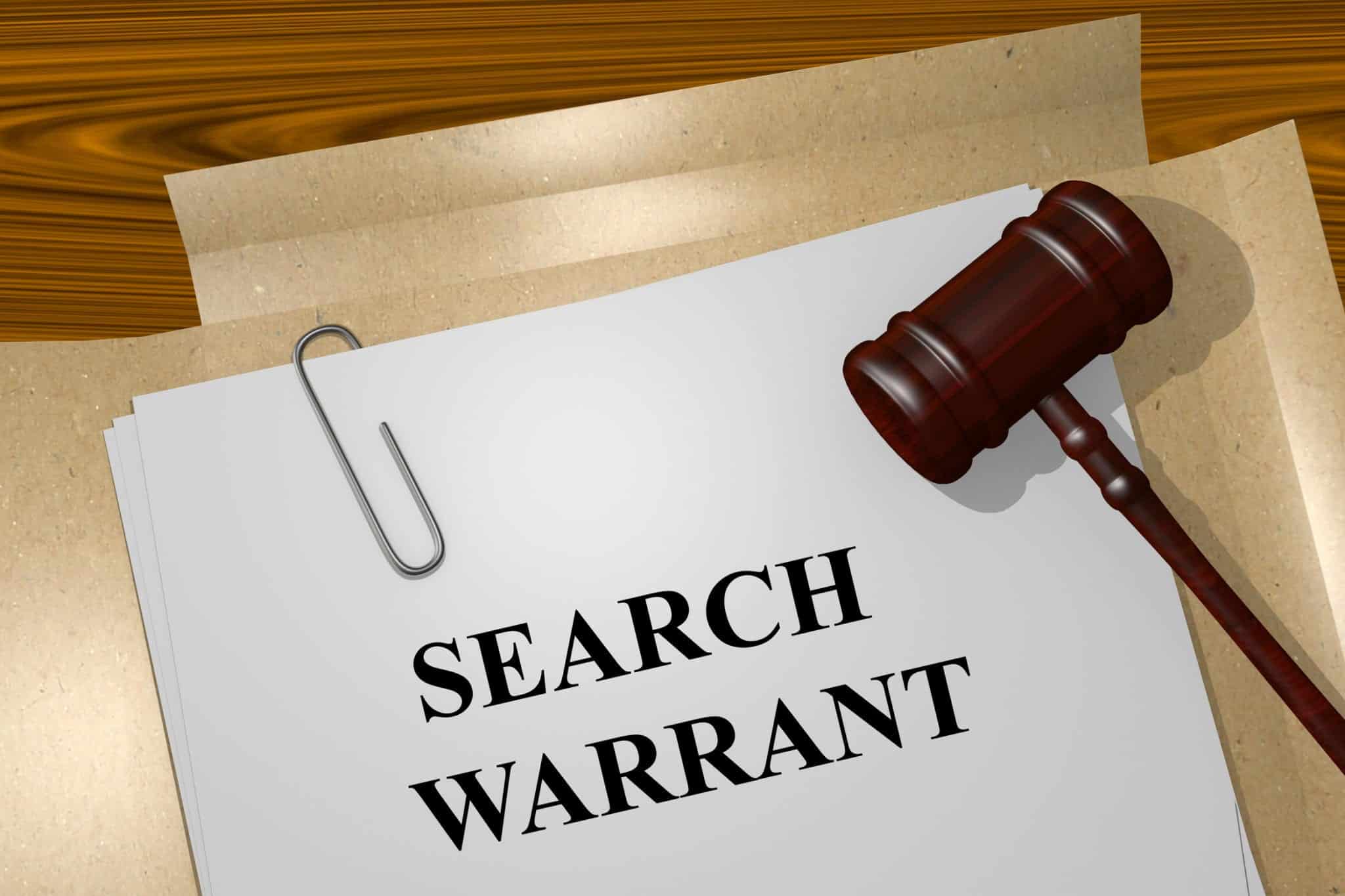
Edwin Sutherland, an American sociologist, argued that criminal behavior is a result of normal learning through social interaction based on your peer group. He was later credited with coining the term “white collar crime” to describe “a crime committed by a person of respectability and high social status in the course of his occupation.”
White collar crime has since evolved to be an umbrella term for a number of different, nonviolent crimes that are financially motivated: fraud, embezzlement, bribery, forgery, identity theft, money laundering, cybercrimes, racketeering, tax evasion, and more.
Regardless of whether you’re being investigated for a Texas state crime or a federal white collar crime, you should be aware of common mistakes that might arise during the investigation so you can try to avoid them.
Avoid These White Collar Crime Investigation Errors
Talking to anyone except your lawyer. Silence is indeed golden. A white collar crime is fact-based driven. Law enforcement and prosecutors compile the most damaging facts to support a white collar crime prosecution. You must be mindful that anything and everything you say to anyone (with the exception of your attorney) can, and will, be used against you. This legal rule not only applies to law enforcement and prosecutors, but to your friends, neighbors, relatives, and even your spouse as well.
If anyone tries to question you or casually attempts to elicit information from you about the case, tell them you cannot discuss the matter without your lawyer being present – the only person you should be talking to.
Not telling your attorney everything. An attorney is your trusted advocate. He or she is either retained or appointed to represent your interests. Just as they have ethical obligation to preserve every confidence you share with them, you have a personal responsibility to be both forthcoming and honest with your attorney. The only way your lawyer can present the best defense possible is when he or she has all the relevant information regarding the alleged crime.
You should not only be able to trust your attorney with the details of the alleged crime because of the attorney-client privilege, you should trust that your attorney will be honest with you and will not color or minimize your legal situation.
Altering or destroying evidence. If you think you are being investigated for a white collar crime, your first thought may be to get rid of any possible evidence that could incriminate you.
This would be considered evidence of wrongdoing, however. Destruction of potential evidence is a serious matter, something the prosecution usually finds out; and if it is not used at trial, it will most certainly be used at sentencing.
Illegal search and seizure. This mistake is often made by law enforcement. The Fourth Amendment of the Constitution says that you have the right against unreasonable search and seizures and that a warrant must “particularly” describe “the place to be searched, and the persons or things to be seized.”

A warrant can be general enough to cover the particular records and files that are the subject of the investigation, but it cannot be so vague as to permit a fishing expedition into all your personal files and records. If your Fourth Amendment rights are violated during a white collar search and seizure, the evidence obtained could be thrown out by the court.
This brings us to our last common mistake related to white collar investigations: not hiring the right criminal defense lawyer. If you want to have the best possible shot at defending your charges to get them reduced, dismissed, or dropped, you should reach out to an experienced Texas white collar crime lawyer with proven results to get started on your case today.



